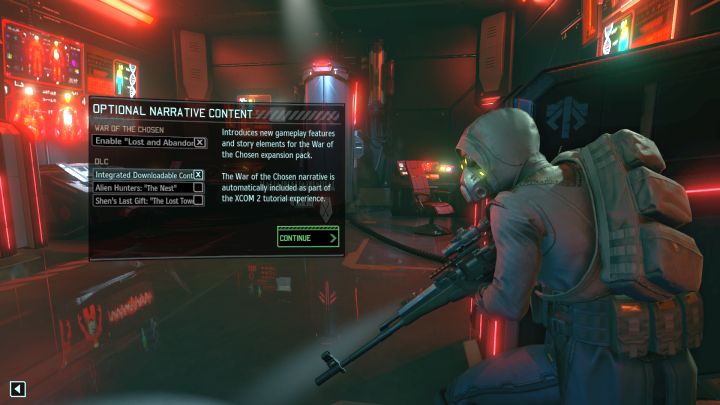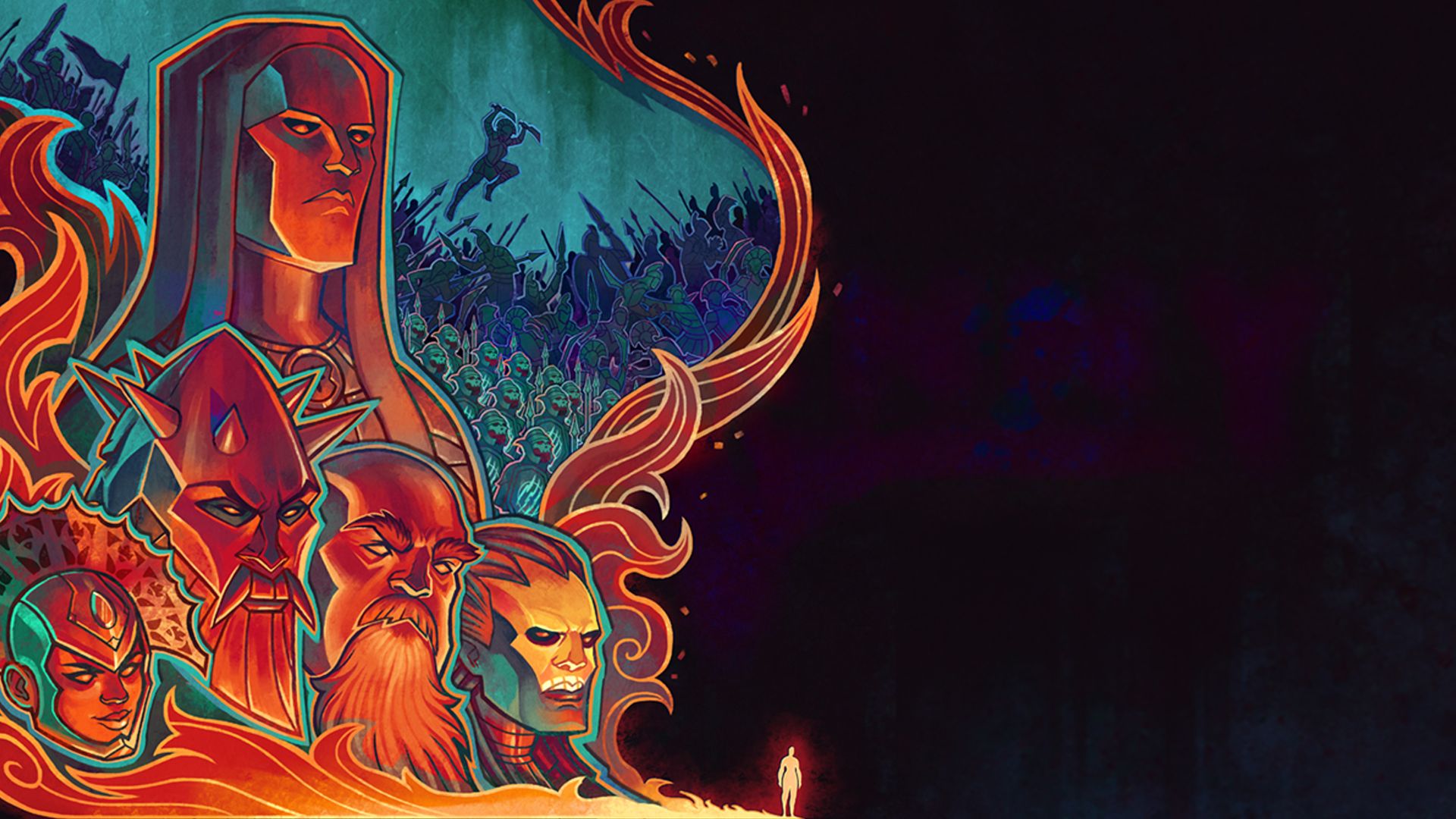This post is largely prompted by the Obsidian/Paradox
survey about DLC and what's an apt distribution strategy for DLC and what price points are worth considering for consumers. I took a different approach to analysing the DLC situation with
Tyranny.
Downloadable content or DLC, is often provided readily available in games and promotes a number of ways of accessing it for a player, however this is not always the case in a number of games. For myself I am talking about
Tyranny and
Stellaris which provide increased functionality in their games (equivalent to
Civilization expansions). However they do not provide this content to the player immediately. Instead the content is spread out across each gameplay cycle (Act I, II and III in
Tyranny) based upon the player's progress or obstructed by the need to complete different conditions for the DLC content to come into effect (such as
Stellaris' DLC
Synthetic Dawn for ). For the purposes of making a deeper system this makes the game more mysterious and complicated, however for players familiar with the game series the need to search through content already traversed, and as such the game becomes one where finding the content is the first puzzle to undertake. However before delving into the DLC of
Tyranny and
Stellaris a quick reflection on other videogames noted for their DLC will help situate the discussion.
 |
| Fallout 4 DLC |
Comparatively to Paradox Interactive's approach DLC from other companies appears to be much more immediate in it's presentation to the player. Focusing on
XCOM 2 or
The Witcher 3, both games highlight which version of their game that the players is playing is part of. For
XCOM 2 the player is able to on the launch screen (just before the game starts, a preface for news, or changing options) to choose which version of the videogame to play, following this there is a different introduction video, a different menu screen, the loading screens, and a different introduction to the game which includes highlighting new mechanics and content.
 |
| XCOM 2 War of the Chosen Launch screen. |
 |
| DLC Loading Screen for XCOM 2 War of the Chosen. |
 |
| New Game appears differently for the player, readily identifying new characters for the player to use in their campaign. |
At each of these stages
XCOM 2 identifies that it is a different experience, with different content and a constant presence of title to remind players of the new content.For
The Witcher 3 such new content is left in the in-game window as well as the launcher for the videogame.
 |
| Launcher for Witcher 3 |
 |
| Game Menu for Witcher 3. |
 |
| Selection for DLC content. |
Interestingly
The Witcher 3 allows for players to access this new content immediately, separately from the main quest of
The Witcher 3. To this extent the manner in which the DLC is introduced is one which players can access from all or most styles of play. In this way players can combine their experiences of
The Witcher 3 with the DLC or jump straight into it without having to complete any milestones besides purchasing the game. It should be noted that the scores for these DLCs were well received as well as numerous.
For
Tyranny the DLC is present in the in-game menu (on the top right of the screen) and in some of the start options (allowing for the DLC content) however there is not a lot of indicators for the addition of this new content.
 |
| Tyranny Game Menu |
For
Tales of the Tiers the presence of in-game event pop-ups on the world map (an hour or two into the game) reveals the addition of the DLC content. For
Bastard's Wound the additional content is only available after the first act and after the completion of Leviathan's Crossing, from there players are contacted by a messenger and can go to the new content alongside their regular completion of the main quest. Other than this there is no new content or indication of new content for the player in their playthrough of
Tyranny, this means that while there is new content it is weaved into the pre-existing game, and not treated as a unique separate section (like in
XCOM 2 or
The Witcher 3).
For
Stellaris (which is probably the most different game from the others we've examined) the presentation of DLC is done so through the launch screen, the in-game menu, and in the loading screens. The content is a mixture of discreet units (based in the DLC content) and the normal updates to the game (where it is constantly being updated), as such players who purchase the DLC are treated to a combination of both discrete new gameplay (the ability to build super structures
Utopia, play as synthetics
Synthetic Dawn, or battle space creatures
Leviathan), and general improvements to the overall game (the manner in which sectors, governors, unity and other aspects have changed).
 |
| Loading screen for Utopia DLC |
In this manner players are able to see both what their purchases provide, and are able to enjoy the benefits of constant patching. There is a similar barrier in
Stellaris to content the way
Tyranny presents DLC, in that certain states (completing different requirements) are necessary to gain access to different sections of the DLC - for
Synthetic Dawn players must be a synthetic race to gain access to that content, for
Utopia players need to progress to a certain technological stage, and for
Leviathan players must find these space creatures to be able to fight them. The design of the game and the manner in which Paradox Interactive release patch notes and additions to
Stellaris supports the style of DLC integration of being a distinct unit but also one that builds upon the regular updates to the game.
For
Tyranny such integration of DLC seems unconventional alongside the type of game (RPG) that it is, to accompany this the incremental nature of some of the DLC that is extra random events to occur seems like a general improvement to the game (ala a patch) rather than a discreet unit. Furthermore to access this aspect of the game the player relies on a degree of randomisation, or rather a deep understanding of the game system to force these events to happen. As opposed to the DLC for
XCOM 2 and
The Witcher 3 which present new content readily, the barrier to entry in
Tyranny is high for the content to be enjoyed.
Although there are certainly great success stories with the application of DLC within various videogames, for
Tyranny the application of DLC doesn't sit well within pre-established RPG conventions (from
The Witcher 3: The Wild Hunt) or within the realm of Paradox Interactive's other products.










No comments:
Post a Comment